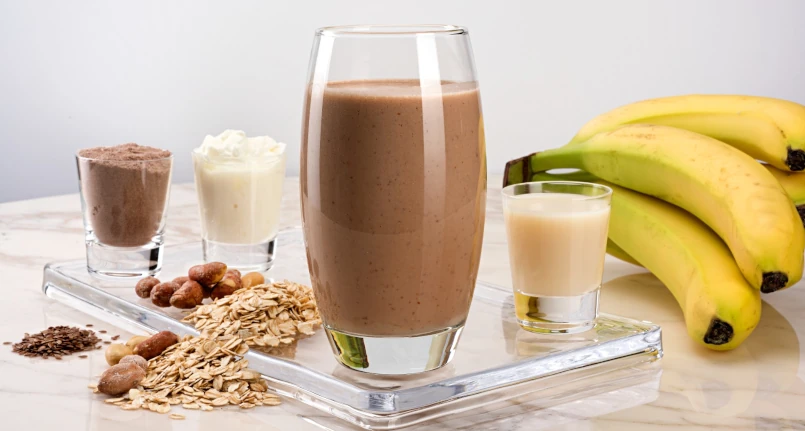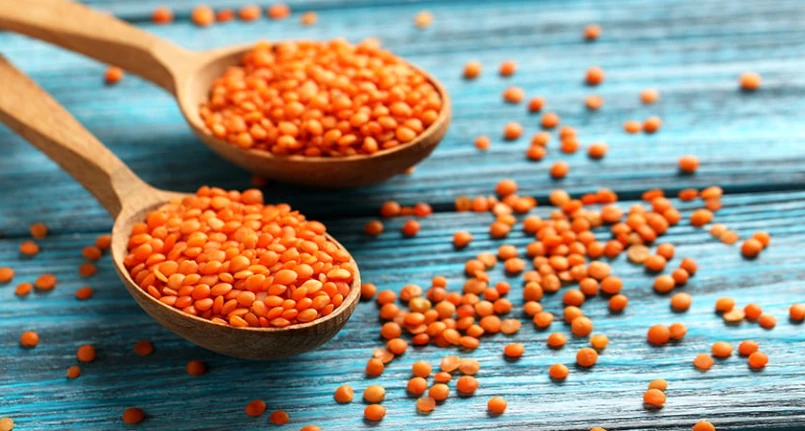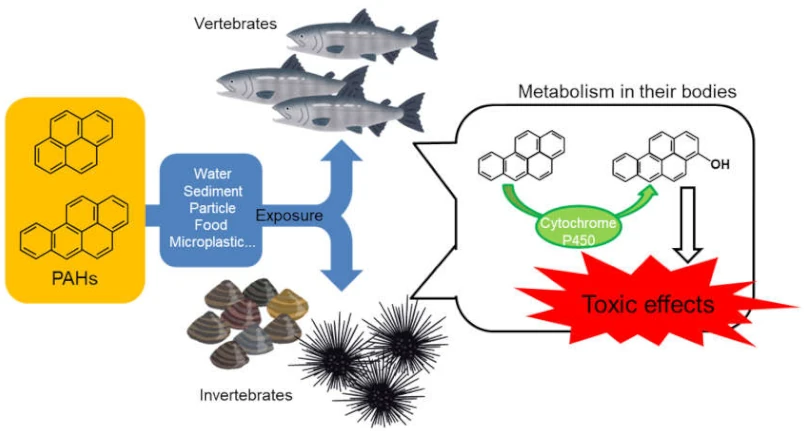Introduction
Proteins are macronutrients which, if introduced in the right quantities, absolutely do not make you fat – but neither do you lose weight .
Property
Proteins are polymers (polypeptides) of amino acids, quaternary molecules (Carbon [C] – Hydrogen [H] – Oxygen [O] – Nitrogen [N]) containing a carbon skeleton linked to a carboxyl group (-COOH), for an amino (-NH2) and a radical (-R) which distinguishes them.
Ordinary amino acids can be classified in various ways, for example on the basis of their essentiality; an amino acid is defined as essential if the body is unable to synthesize it. The quantity and number of essential amino acids inside a peptide or a protein determine its biological value , also improperly called protein “quality”. The metabolic functions of proteins are:
- Plastic and structural ( myofibrils , collagen , elastin etc)
- Bio-regulator ( hormones and neurotransmitters )
- Catalytic ( enzymes )
- Immune ( immunoglobulins , clotting factors , etc.)
- Carrier ( albumin , hemoglobin etc)
- Membrane and receptor channel
- Energy – 4kcal/g.
Compared to carbohydrates and lipids , proteins require a greater digestive and metabolic effort , and a consequent higher specific dynamic action (ADS); this is the fundamental principle on which high-protein slimming regimes are based .
Critical issues
However, if it is true that proteins in the right quantities do not make you fat, it is equally true that an excessive intake of proteins compared to other macronutrients is not advisable. In this case, the body would be induced to use large quantities of amino acids to neo-synthesize glucose and would find itself having to convert all the nitrogenous groups into urea and then expel them in the urine .
Additionally, low-carbohydrate, high-fat, medium-protein diets can be ketogenic . Ketones are acidic molecules which, if produced in excess, reduce blood pH , causing even serious symptoms and disorders . Furthermore, ketones have a high osmotic power and during filtration, to be expelled in the urine, they require large quantities of water; this phenomenon can lead to dehydration . In short, the excessive use of amino acids for neo-glucogenetic purposes proportionally increases the hepatic and renal burden.
It must be mentioned that some studies directly correlate diets with a high content of animal proteins to the worsening of the metabolic balance of calcium [Ca], which as we know is very important in subjects at risk of osteoporosis . On the other hand, this theory has been denied, at least in healthy subjects. Moreover, thanks to the increased intestinal absorption of the mineral and the stimulation of the synthesis of osteo-anabolic hormones, high-protein diets do not seem to increase the risk of osteoporosis.
In summary, food therapies based on neoglucogenesis can facilitate weight loss but, in addition to the reduction of adipose fat :
- determine a greater commitment of the liver and kidneys
- engage the buffer system
- promote dehydration – especially in the presence of ketoacidosis
- muscle and liver glycogen stores deplete .
When They Make You Fat
In the event that the protein surplus was not only percentage (normocaloric), but also quantitative (hypercaloric), a conversion of the excess amino acids into fatty acids would occur. Ultimately, if the dietary protein intake exceeds the metabolic requirement, resulting in a caloric excess , there is an increase in fat deposits. In such a hypercaloric context, excess protein therefore makes you fat.
Some technicians, but above all many laymen, attribute miraculous characteristics to food proteins ; one of the most recent claims concerns the “improvement of muscle trophism ” and “optimization of body composition ” regardless of the level of physical activity . This half-truth can be highly misleading and the study from which these conclusions were deduced should be read in its entirety – especially the characteristics of the research sample and the evaluation method.
Muscle mass
First, a question should arise:
<<If high-protein diets have a positive effect on body composition and on the increase in muscle trophism, would it be enough for athletes who train intensely to obtain this kind of results to undertake a high-protein diet?>>
Obviously not, otherwise very few would spend hours upon hours in a weight room . Rather, it is very probable that protein malnutrition (therefore deficient in essential amino acids) negatively affects the trophism of the muscles and above all in subjects who have a low or almost zero level of physical activity (LAF). In this case, increasing the protein portion of food can lead to an improvement in muscle trophism, and therefore in body composition.
Third Age
Protein malnutrition is widespread in old age and above all among geriatric patients who are not totally self-sufficient. Depressive symptoms, senile dementia and economic difficulties often contribute to worsening eating habits; in many cases, the elderly eat monotonously and prefer foods that are easy to prepare, such as soup in broth .
In the long term, a similar diet leads to protein insufficiency which is reflected in muscle depletion, worsening body composition. In these cases, the increase in protein food intake would undoubtedly improve the muscular trophism of the subjects, but the same concept is not applicable to a healthy and enourished subject.
Proteins do not make you fat or lose weight, they are essential nutrients for human nutrition that must be introduced in the right quantities.




